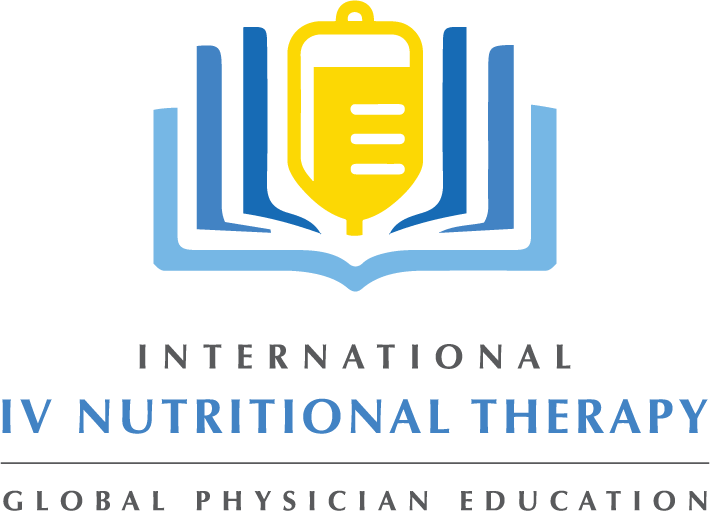Posted by Dr Dan Carter, 16 November 2018
Low plasma levels of vitamin C are associated with adverse outcomes, including increased mortality, in critically ill patients. Several trials have suggested that the administration of intravenous vitamin C may have beneficial effects in this setting, such as reducing the incidence of organ failure and improving survival. For this paper,
a database search was conducted for studies on the use of intravenous vitamin C in adult patients with critical illness.
This meta-analysis included five studies (four randomized controlled trials and one retrospective review) enrolling a total of 142 patients. Compared with controls, the administration of intravenous vitamin C was associated with a decreased need for vasopressor support (standardized mean difference -0.71; 95% confidence interval (-1.16 to -0.26); p = 0.002) and decreased duration of mechanical ventilation (standardized mean difference -0.5; 95% confidence interval (-0.93 to -0.06); p = 0.03); there was no difference was found in mortality (odds ratio 0.76; 95% confidence interval (0.27 to 2.16); p = 0.6). It was also found that patients demonstrated decreased fluid requirements and increased urine output. No adverse effects were reported.
Intravenous dosing has been shown to produce higher plasma concentrations than oral administration due to saturable intestinal absorption, and 3 g/day is required to maintain plasma levels in the normal range in ICU patients. The five studies included in this meta-analysis featured doses as low as 450 mg/day to 1584 mg/kg/day, a 250-fold difference in a 70 kg subject. The difference in dosages given would result in differing effects.
Zhang M, Jativa DF. Vitamin C supplementation in the critically ill: A systematic review and meta-analysis. SAGE Open Med. 2018 Oct 19;6:2050312118807615. PMID: 30364374

